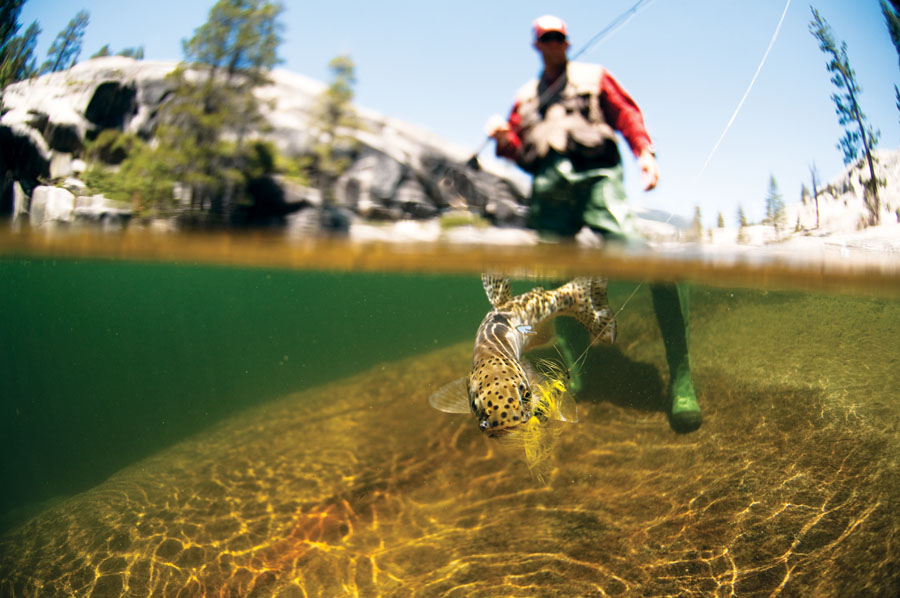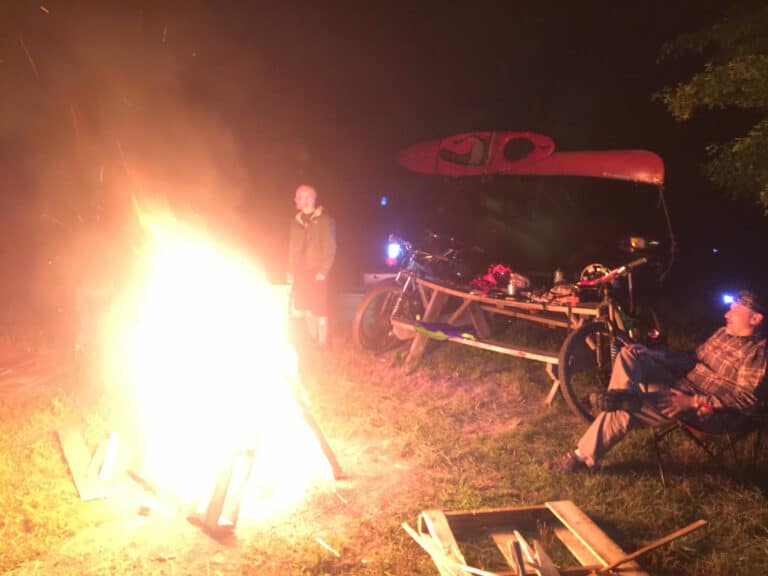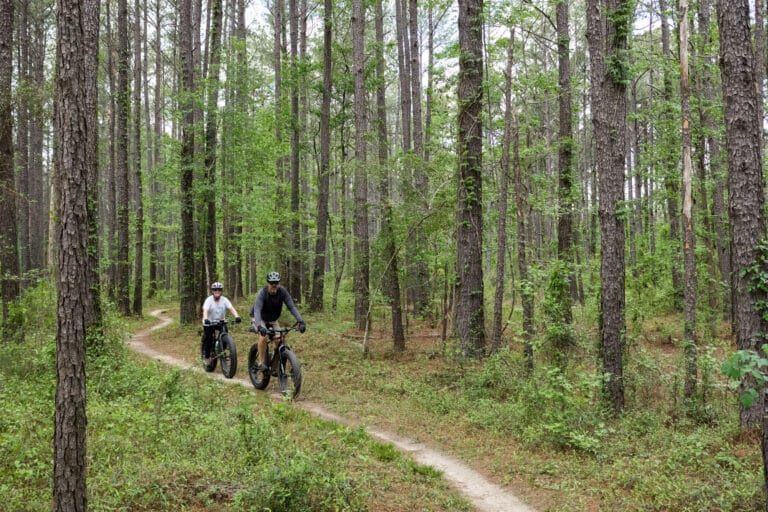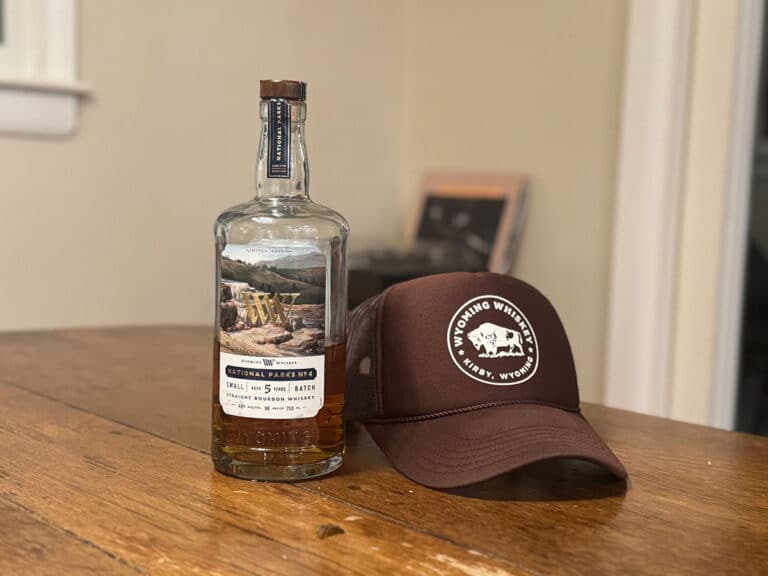First phase of Charlottesville’s Rivanna Corridor Study Complete
The first step of an eventual master plan for Charlottesville’s riverfront has been completed. The phase was facilitated by the Thomas Jefferson Planning District Commission, which took an inventory of the existing conditions along the Rivanna. The second phase, which kicked off in October and is expected to be complete in 2019, will include community outreach, research and the drafting of the master plan. The detailed master plan will be completed in the third phase and should be finished in 2019 or 2020. The Rivanna River is 42 miles long and empties into the James River. About four miles of the Rivanna serves as the eastern boundary between Charlottesville and Albemarle.
The Due South Classic is about more than fly-fishing
The Due South Classic fly-fishing tournament hosted by Due South Outfitters in Boone, NC is taking place March 8th and 9th. The tournament is unique because it is fished on public access NC Delayed Harvest waters. The river is not shut down for the tournament. Instead, participants will fish around the public. The purpose of the tournament is to raise awareness of how slim public access is on many of western North Carolina’s rivers and how crowded WNC streams and rivers can get. Due South advocates for public access and public land and hopes the tournament will raise both awareness and money to open up sections of the river. Proceeds of the tournament go to the Middle Fork Greenway, which will connect Blowing Rock to Boone.
Circus forces dolphins onto land so families can take selfies
Indonesian traveling circuses have been filmed forcing dolphins to slide out of the water so audiences can take selfies with them. During these circuses, dolphins are also forced to perform tricks in small, temporary pools filled with chlorinated water. The chlorine can cause the dolphins to get skin diseases, go blind, or develop ulcers from swallowing the chlorinated water. When the shows are over, the dolphins are loaded onto stretchers and placed in boxes to be transported to the next performance. Other animals like otters, sun bears and cockatoos are also forced to perform. There is hope, however, that these circuses will close down or stop using animals. One of Indonesian’s traveling circuses recently stopped using animals in its show. To help stop animal performances in traveling circuses in Indonesia, you can write to the Ministry of Environment and Forestry.








